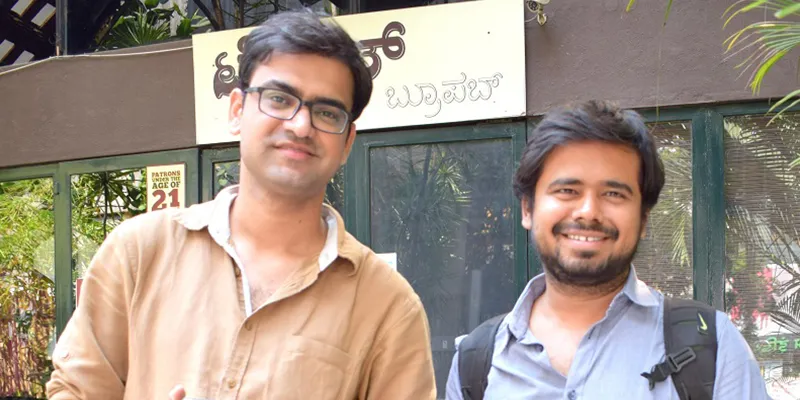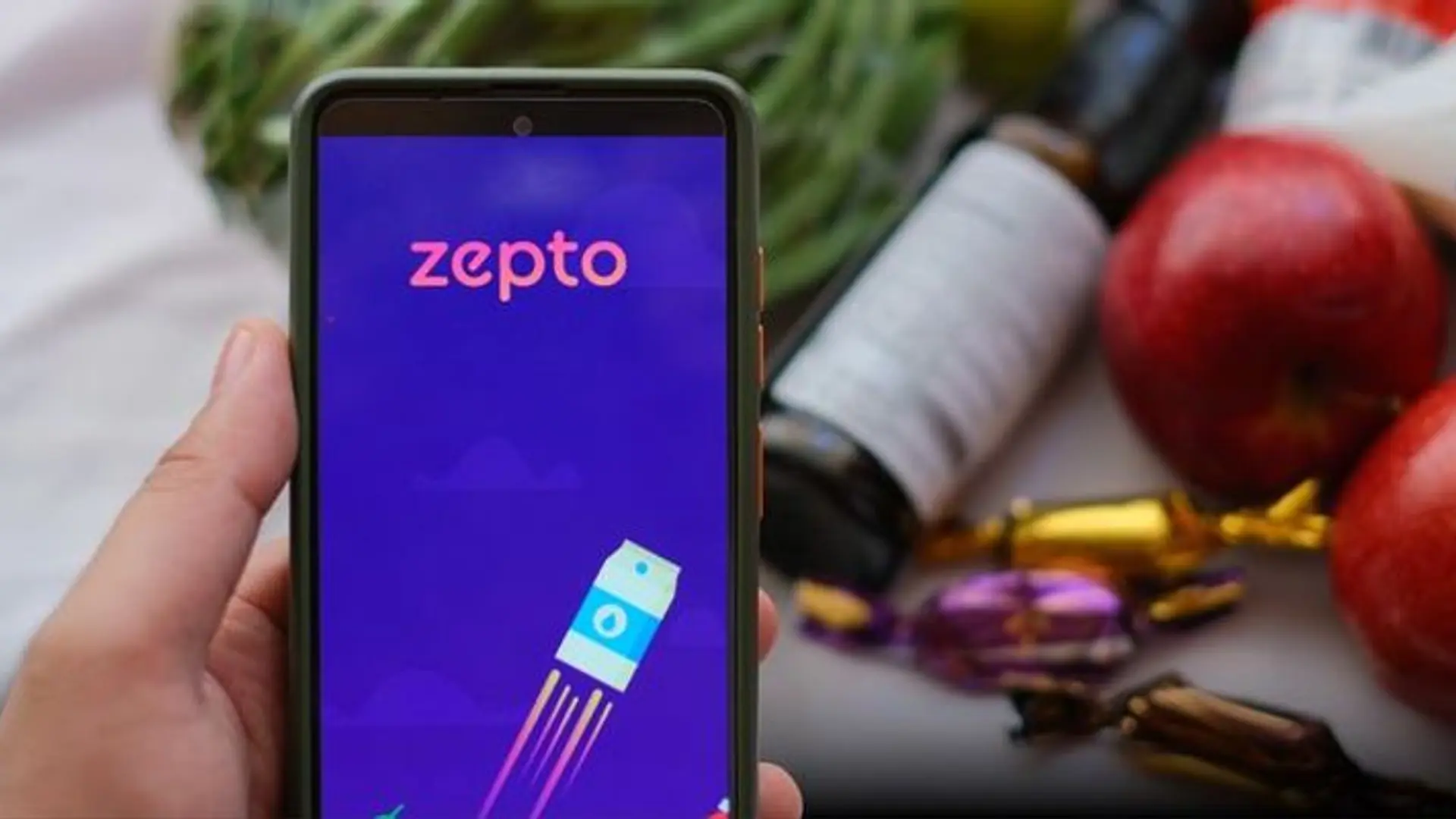
Signature Startup
View Brand PublisherHe gave up the chance to do an MBA from an IIM to help people discover and enjoy new destinations
From an engineer to someone who enables people to seek adventures and broaden their horizons, Rohit Shroff has had an interesting journey pursuing his love for travel. Read his #PassionToPaycheck story below.
Even as a child, Rohit Shroff knew he would not be content doing something regular. “I used to dream about opening a large business someday when I grew up,” says the Co-founder of Holidify, an online travel planning platform that provides structured high-quality content to help users decide where to go for their next trip.

The road so far
Rohit had a typical middle-class upbringing in Sitarmahi in Bihar. Like tens of thousands of teenagers from small towns pursuing the IIT dream, he moved to Kota after Class 10 and enorolled in a coaching institute there. He got into IIT Bombay where his entrepreneurial dream started to take wings. “I joined IIT Bombay not just because I wanted to do engineering, but also because it’s a great college to get some exposure. I tried my hands at a few startup ideas during college and even won a few business plan competitions,” he said.
It was around the same time that he actually fell in love with travel, on his weekend trips around Mumbai.
Though he got a chance to do an MBA from IIM Calcutta, Rohit chose to join Indus Insights, an early stage startup in Gurgaon with just five employees at that time. “It was a consulting startup, but it had me working on multiple projects over 11 months, which helped me build an analytical profile, apart from learning how a startup works,” he explains.
The experience aided him when he started Holidify in January 2014 with Kovid Kapoor, his friend from IIT Bombay. They both had tried their hands at a startup idea in college, and coincidentally moved to Delhi-NCR for their first jobs, where they decided to work on Holidify. “We explored a lot of places in and around NCR, and during one of these random trips, we came up with the idea for Holidify. We realised that structured content around travel planning is missing and it was tough to find exciting holiday ideas.”

The duo launched the beta product within three months and talked to almost all of their first 200 users on a one-on-one basis. “We got encouraging feedback on the overall concept, but we also found out several areas we could improve on. That helped us understand the market better and create a significantly better product,” Rohit adds.
Curating an experience
Holidify is well known for curating reliable travel information such as how to reach a destination, the best time to visit, ideal stay duration, budget, etc. Users can even book hotels through their partner companies. Holidify also connect travellers with various travel agents to get them the best packages for their trips.
“Almost everyone in our team is a travel enthusiast, and we generate lots of travel related ideas as a group. We compile ideas and then shortlist them based on what could work better with our target audience. Once we finalise the list of topics to write content on, our in-house team with a group of freelancers produce content which goes through a strict editorial process before going live,” he explains.
An adventurous journey
With currently 3 million monthly users, Holidify has seen tremendous growth in the last four years. Rohit says with pride, “In terms of users on the website, we are among the top five travel content platforms in India. We have raised only around 1 percent of funds compared to almost all major competitors, and we are probably among the only few travel content platforms which are profitable at this user base.”
But the road hasn’t been without its share of bumps. Raising funds in the travel domain is difficult, especially for content-related platforms. Rohit believes that fundraising is just one of the ways to grow a startup, so they don’t actively reach out to investors. However, they do engage with inbound interests whenever they come, and if there's a synergy, they are open to taking investment. “We didn’t have a lot of resources in our initial days, so almost everything had to be done by either Kovid or me. But based on our sound initial traction, we raised an angel round in 2015 and started focusing more on the product, which delayed our plans of monetisation. That turned out to be one of the biggest mistakes we made. We quickly ran out of funds. But thankfully, it was not too late to improvise. We learnt from our mistakes and focused a lot on growth and monetisation,” Rohit said.
In the last two years, Holidify has grown their user base by at least eight times. They finally hit profitability in mid-2016, and have started building the team again.
Peeking ahead
Travel is one of the biggest industries globally, and it’s growing exponentially in India. Rohit says, “We are hoping that the growth will continue for another 5-7 years at least. Better connectivity, cheaper travel, improved roads and infrastructure, easier visa policies and campaigns like Swachh Bharat are going to be instrumental in increasing not just domestic tourism, but also inbound tourism. Inbound tourism is relatively quite low in India, and it is on our mission-list to do our bit in increasing India’s GDP by promoting Indian destinations across the globe.”
Rohit has huge plans for the company. Currently, they are building a network of travel agents who can provide custom-made packages to Holidify customers and are also partnering with various travel companies globally to offer integrated booking solutions. “In the next 18 months, we want to become one of the largest travel content companies in India. We are focusing more on working with travel agents, building features to aid user-generated content and personalisation of the entire website using machine learning and AI. There’s a long way to go, but we are looking at having a good presence in South East Asia in the near future,” Rohit says.
The startup life is tough and possibly a lifetime commitment, if not for at least 10 years, believes this founder. His advice to aspiring entrepreneurs? “I see many youngsters quitting jobs before they decide what they want to start up. Ideally, one should quit when you reach a product market fit, and until that time you should stretch yourself and manage things in a part-time capacity. Going with your gut feeling is great, but you must be sure and understand what you’re getting into,” he signs off.
Read other such inspiring #PassionToPaycheck stories brought to you by Signature Startup here.







